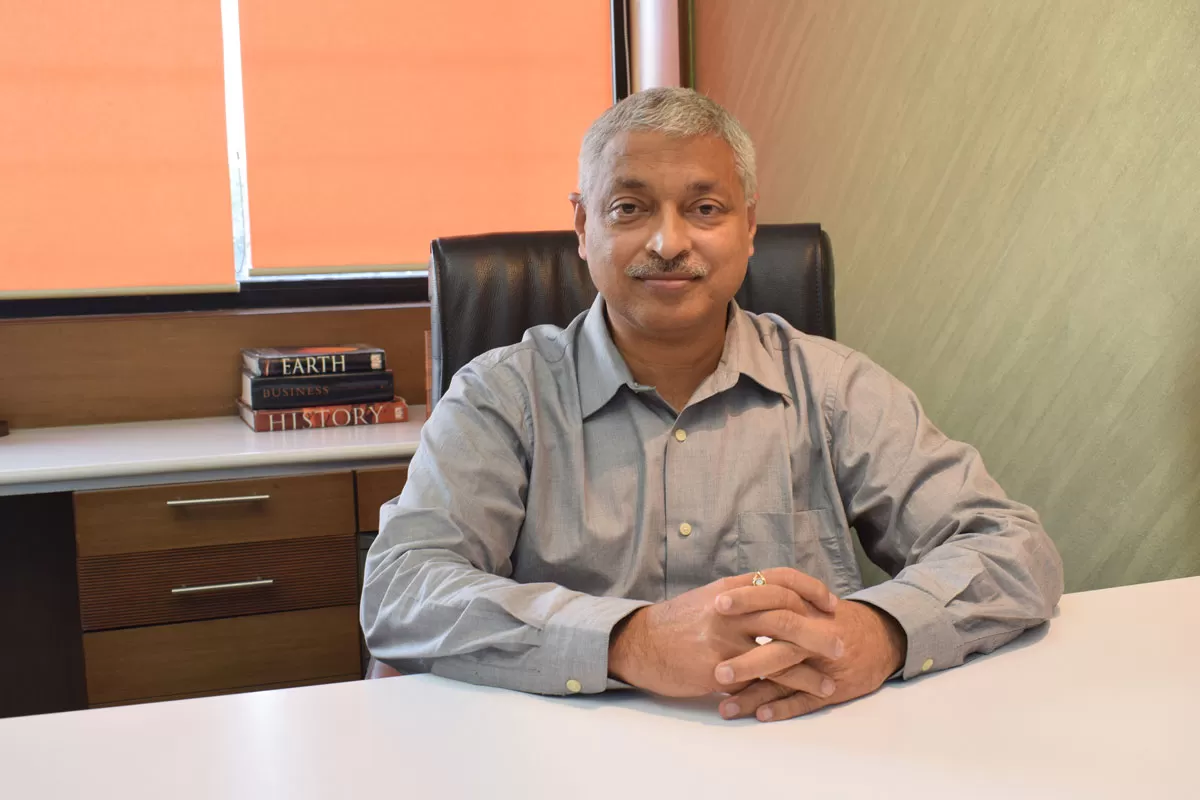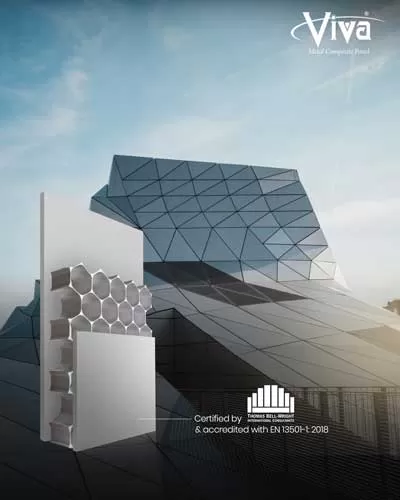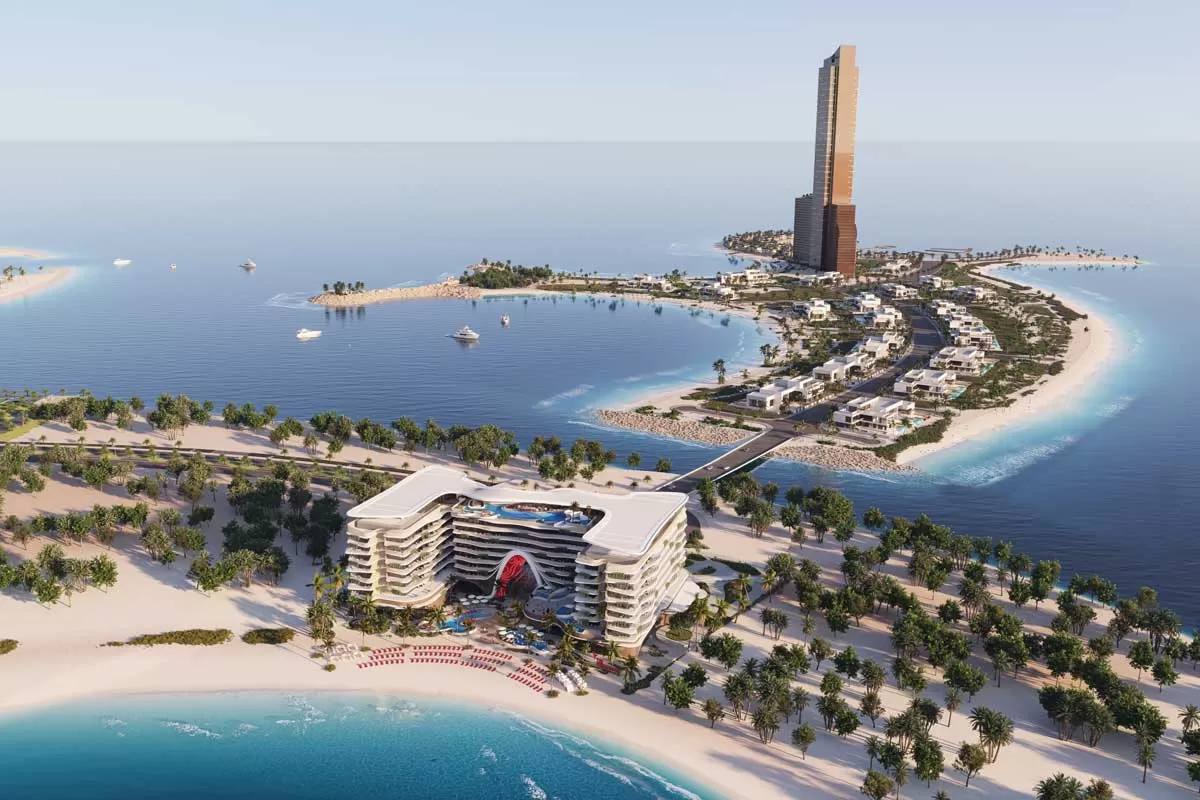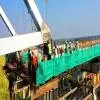Vadodara-based firm Zydex Industries has developed a silane nanotechnology-based product for road construction that can resist cracking under heavy traffic loads and cyclic weather. The company is using nano-polymer and silane to make roads free of potholes and cracks, thanks to their anti-strip property and enhanced resistance to moisture damage. The company has also developed a technology to make aggregates waterproof, thus forming a skin-like layer that is water-resistant and prevents the formation of potholes. Himanshu Agarwal, Chief Operating Officer, Zydex Industries, speaks about global best practices and an approach that will ensure a world-class road network.
What is the current condition of roads in India?
The Indian roads network, excluding the highways, continues to face challenges in quality due to factors like the rapid rise in vehicle numbers, adverse weather conditions, a lack of high-grade materials and inadequate construction practices. The occurrence of premature damages and distress before the defect liability period (DLP) ends highlights the severity of the issue.
The recent announcement by Union Minister of Road Transport and Highways Nitin Gadkari, to extend the DLP for EPC projects from five to 10 years is a commendable step in the right direction. However, this federal mandate should also encompass roads maintained by PWD and other agencies. Ensuring construction quality must be addressed on the ground with strict enforcement and punitive measures.
What do silane and nano polymers bring to road construction solutions, particularly in India?
India consumes about 8.5 million tonne of bitumen annually with nearly 70 per cent being used for resurfacing. Substantial savings can be achieved by not only preventing premature failure but extending the life of paved layers. The direct and indirect economic cost of a distressed or poor road network would be nearly 1 per cent of
the GDP.
To be durable, expressways and national, state and grameen highways need to be water-resistant, pothole-free and smooth with extended DLPs. This can be accomplished using organo-silanes and nano-polymers in combination with recycled material or conventional generic materials like cement, fly ash and lime. Organo-silane additive dosed in bitumen enables strong bitumen layers, prevents adhesion failures, enables extended paving season, and reduces fuel consumption and maintenance costs. The bitumen binders need to be re-engineered with modifiers for better workability. They prevent segregation, especially in polymer-modified bitumen (PMB), crumb rubber-modified bitumen (CRMB), viscosity grade (VG) 40 etc, reduce mixing and compaction temperatures and enable working at lower ambient temperatures while ensuring compaction densities, leading to an extended life, reduced maintenance and fuel savings due to lower production temperatures.
Tack and prime coats also play a crucial role in extending the life of bitumen layers. Nanotac and TerraPrime organo-silanes when added to cationic bitumen emulsions produce chemically bonded, moisture-resistant tack or prime coats with superior interlayer bond strength. Further, organo-silanes also help to waterproof concrete bridges, flyovers and roads to maintain structural strength and prevent carbonation, alkali-silica reaction (ASR), sulfate attack and corrosion. This not only enhances the longevity of infrastructure but also reduces maintenance costs while maintaining aesthetic appeal.
Tell us about tyre rubber usage as granules in the ‘dry’ or ‘wet’ process where ground rubber is added to bitumen.
The use of tyre rubber in road construction presents a sustainable solution for recycling waste tyres while enhancing road performance. Although the dry process faces challenges in achieving uniform dispersion and performance, the wet process when combined with fine crumb rubber offers significant benefits. It ensures better crumb dispersion, increased flexibility and greater resistance to rutting and deformation under heavy traffic.
Apart from steel slag, what other measures could reduce the usage of aggregates in road construction?
Waste streams of other industries, in-situ material of existing distressed roads and marginal materials can be used in stabilised bases in combination with water-resistance technology to prevent leaching into the ground.
What measures should be taken to get ‘highway-like roads’ at the rural level with water and fatigue resistance to improve long-term durability and reduce maintenance cost?
Rural highways can be built with water-resistance and higher fatigue life with additives and cement/lime. In case of new construction, roads can be built with alternate design and reduce the requirement of aggregate by 65 per cent. UV and heat-stable soil modifiers enable construction of water-resistant, flexible bonded and high-strength durable bases with 60-65 per cent reduced use of aggregates with longer life. The combination of organo-silanes and nano-polymers enable the building of hi-performance, stabilised, water-resistant, high strength, durable soil-aggregate bases, sub-grades and shoulders with longer life and smooth roads with no undulations, reducing the need of high-cost granular sub-base and wet-mix macadam stone layers, resolving the aggregate shortage issue.
If rural roads have to be built like highways, it is important to use on-ground proven technologies that have demonstrated performance over time on a preferential basis. DPRs must be made mandating extended performance of 10 years. As it is widely known that roads get damaged in the monsoons every year, the client needs to insist on the use of new-age organo-silane materials, the performance of
which needs to be measured at the time of construction.
How can new technologies be incentivised as only generic technologies or materials are there in the construction code?
To incentivise new technologies, the existing BIS and IRC codes should transition from prescriptive, input-driven standards to performance-based outcomes. Simultaneously, these standards should be made more stringent to ensure higher quality and durability.
Reputed technology providers could be mandated to construct a minimum of 5,000-10,000 km of roads using water-resistant technologies with an extended DLP of 10 years instead of five years and at the same cost. This initiative could be implemented under the PMGSY IV scheme, approved by the Union Cabinet on 11 September 2024, with an allocation of
`701.25 billion for building
62,500 km of all-weather
roads connecting 25,000 unconnected habitations.
The approach to bitumen
layer construction in India needs a paradigm shift. Asset owners should prioritise solutions over products, holding product suppliers accountable for performance alongside contractors. This concept, termed Bitumen as a Solution (BaaS), mirrors the Software as a Solution (SaaS) model. Further, a robust three-layer quality audit system must be established to ensure high-quality construction
and prevent premature road failures, which will safeguard investments and enhance the lifespan of the infrastructure.
What is your vision for Indian roads?
Our vision is to conserve limited resources through innovation, creating a sustainable world. India must focus on building resilient road infrastructure by leveraging innovation, adopting global best practices and fostering collaboration among all stakeholders. This approach will ensure a world-class road network for its citizens.


















